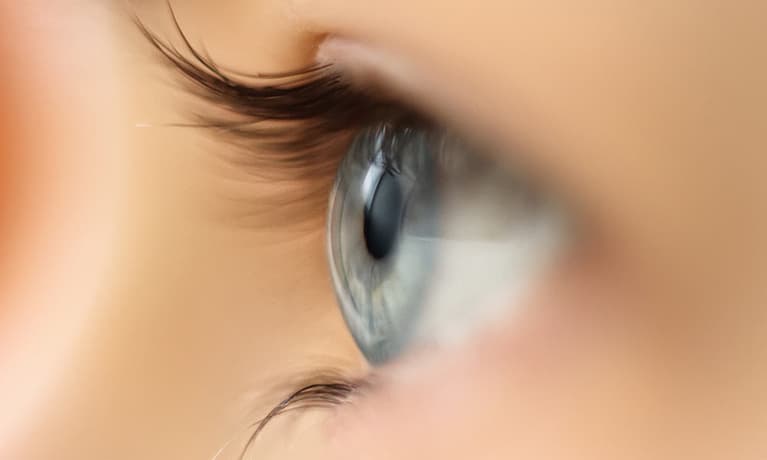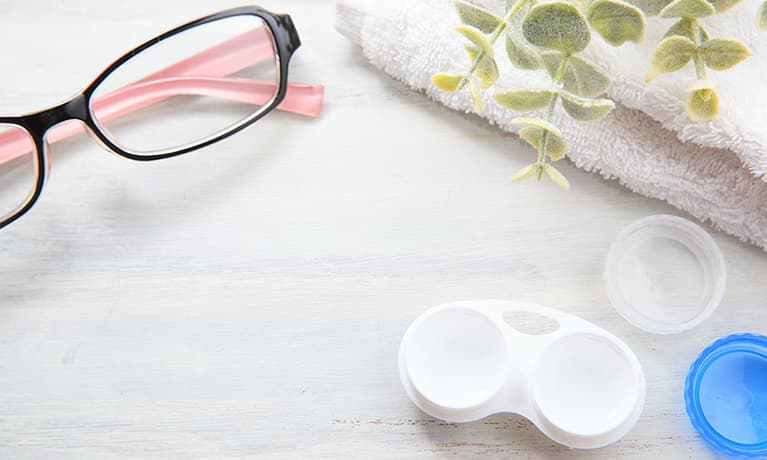If you have trouble seeing at night, especially when you are driving, you are not alone. And with the fall season, it gets darker earlier. These tips will help you see best and stay safe at night.
Clean your lens: Your quality of vision is affected by the clarity of the lens you’re looking through, especially at night. Your eyes, your glasses, and your windshield all need to be clean and clear in order to give you the best possible vision. Artificial tears (available over the counter) will often clear temporary blur – moist eyes are clear eyes! Make sure your glasses are clean, and wash the windshield of your vehicle—inside and out.
Give your eyes time to adjust: Going from a well-lit room to a dark car and driving immediately can give you some challenges. Give your eyes several minutes to adjust to the dark before pulling out of the driveway.
Keep your eyes moving: Don’t focus on bright lights, especially oncoming headlights. Our eyes are naturally drawn to the light. But when you’re walking or driving in the dark, temporary blindness from light exposure can be dangerous. Look away from bright lights and don’t stare straight ahead. Moving your eyes helps you to better detect movement of people/objects around you.
Keep your eyes healthy: Protect your eyes during the day to have optimum vision at night. Sun damage can decrease your vision over time, so always wear sunglasses when out in the sunlight. Regular eye exams are the only way to detect some kinds of eye problems that may not have noticeable symptoms in the early stages.
Daylight savings time ends on November 1st, so prepare now!
Call us at 414-271-2020 to schedule an eye exam.
By Jenny Imhoff, Surgical Coordinator, Milwaukee Eye Care










